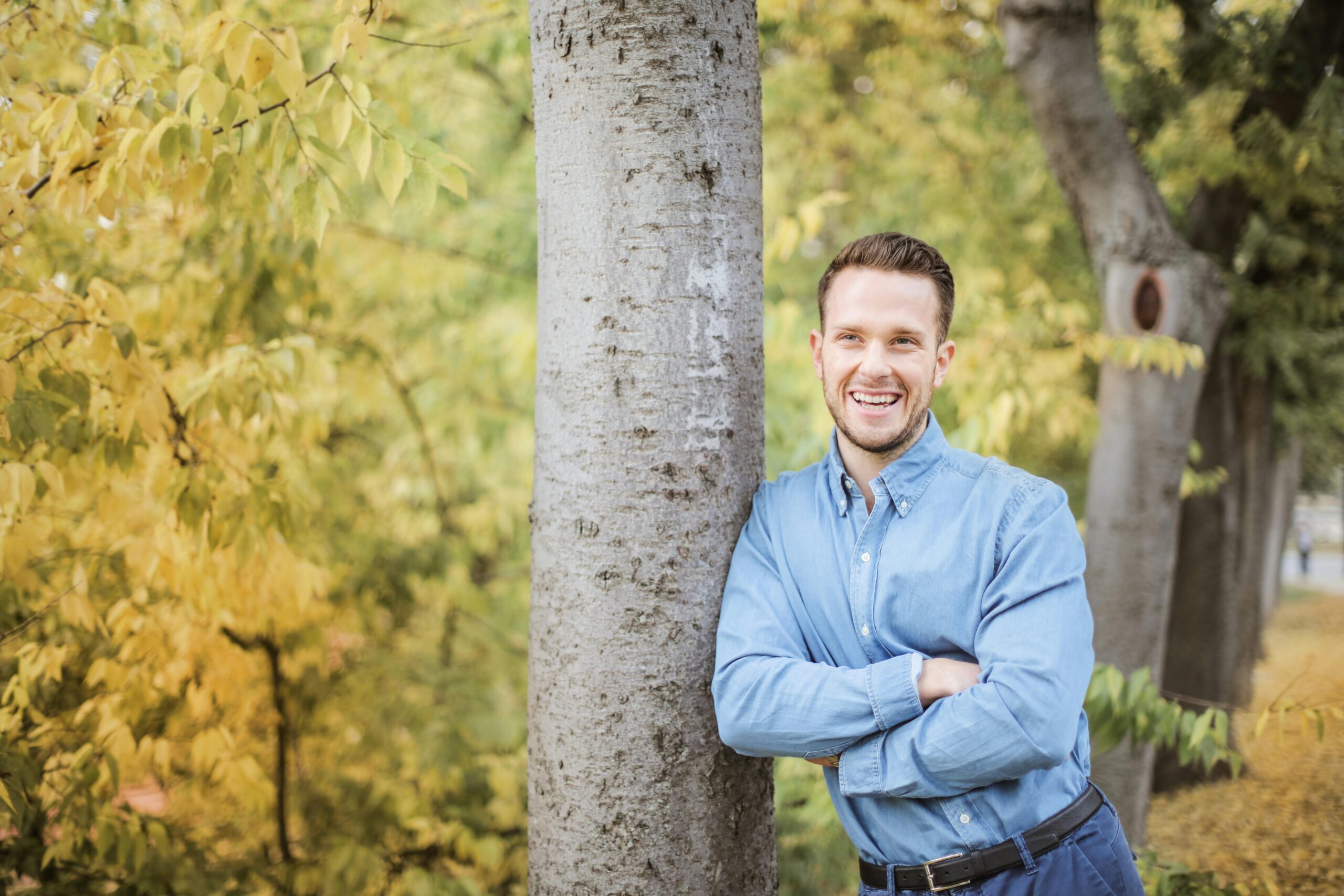The ongoing coronavirus pandemic, also referred to as COVID-19, is one of the most difficult times in global history. Some even say that it has become the greatest crisis in modern times, replacing World War II. COVID-19 is an infectious disease that comes from a family of respiratory viruses, which includes diseases like SARS and MERS. The World Health Organization (WHO) came forward with knowledge of this virus from infected cases in Wuhan, the People’s Republic of China, on December 31, 2019.
COVID-19 is a respiratory pathogen that affects both our lungs and the air passage. The most common symptoms are fever, dry cough, and body aches. Some other symptoms include olfactory symptoms or those specifically related to body parts, such as loss of taste, nausea, joint pain, skin rash, or diarrhea. People with mild symptoms are either receiving treatment or have recovered immediately.
A few of the psychological symptoms include:
- Mental confusion
- Nervousness
- Helplessness
- Irritability
- Insomnia

In addition to these symptoms, there is an array of stressors that accompany living during a pandemic; these include: preventing exposure risk, maintaining home security, managing financial burdens, navigating the shortage of food supplies, and supporting elders and children. General anxiety is evident in every individual; in order to reduce this stress and anxiety, we can employ the coping strategy of being grateful for what we have right now.
What is Gratitude?
One of the oldest and purest concepts is gratitude; it means being thankful for the things you have or something that is positively affecting your life. Gratitude is mentioned in every religious script; for example, Judaism teaches that to be grateful is to sacrifice desirous offerings and to pray to God every day. In Christianity, the festivity of “thanksgiving” is to be grateful for the bread we eat and the people we have around ourselves. A few psychologists believe that gratitude is perceiving the goodness in us and in others; it is something to realize the value which has been taken for granted. We do not appreciate or acknowledge the value of a person or an object frequently, but we need to be thankful for them since they are an integral part of our lives.
How Does Being Grateful Impact Our Well-Being?
Before the pandemic, we used to have many ways to express gratitude and receive it from others. We could send flowers or hug a friend, give a pat on the back, or even an appreciative gift in person. As a result of the healthcare protocols in place due to COVID-19, there are restraints on our hands as to how we can express gratitude. There are only a few ways left to express to others that we are thankful for them. We can write them a letter via the mail, drop a short phone message, set up a Zoom meeting, or share an Instagram story thanking them for being in our life. Studies show that small gestures can impact others in a big way. It all comes down to our effort, even if it is just a message.
Gratefulness is an approach that is very crucial at times like the COVID-19 pandemic. We have found ourselves locked and therefore panicky in the home and do not know what to do or how to comprehend. We can’t just be positive by saying it. It requires great effort and courage to not think negatively and about what-ifs during a pandemic. Being grateful brings positive energy and it sometimes reduces the intensity of the anxiety if not erase it in a go. It provides you a sense of hopefulness and wellness.
How to Develop and Practice Gratitude During a Pandemic
Being grateful is an ability we should practice every day, especially during a crisis. Sometimes we do not know how to practice thankfulness to others or ourselves; the following are a few strategies to make it easier to understand:

Journaling
- Write about things you are grateful for; writing in a journal is a great way to practice gratitude on a daily basis. It can be as simple as the process of writing three things you are grateful for every day, or a few times a week. This effort is done to encourage an increase in utilizing this activity to develop gratitude. It brings out positive emotions in ourselves and recognizes what is important in our lives. It makes you focus and make better decisions, as reported by many researchers. It can be anything in your life, about your meals or the thing you watched today.
Learn From the Past
- Learn from the lessons from past negative experiences. The pandemic has all of us sitting in our homes with not much to work on. When we have so much free time on our hands, we tend to remember past experiences. Studies show that negative experiences are recalled more often than happy moments. So, we end up feeling worse remembering these moments and overthinking the present situation as a result. What we can do is reflect on what we learned from these negative experiences. Ask yourself: “What is the good thing in this negative experience? What can I do about it? This can change our perspective to see things from a positive outlook.
Positivity Is Key
- Gratitude is a part of a bigger picture. For many, gratitude does not come easily, as it can be difficult to find things to be grateful for when you are at your worst; however, that does not mean that you must be grateful for it. We can feel love or joy or pride when we think of positive things. Gratitude is a part of a bigger pool of positive emotions; it can improve your mental health and bring out the energy to be productive. Positive emotions can only open up your perspective to think better and ward off negative thinking. You say to yourself, “I am doing better than before! It is okay to feel proud of my work, even if I’m not perfect.”
Do I Need to be Happy All of the Time?
Gratitude is a belief that requires recognition and acknowledgment of the good things in your life. It doesn’t mean you have to be happy all the time, but to be thankful for the things you may have taken for granted. During a pandemic, we all have time to remind ourselves about things we are most thankful for and strive to be hopeful for the future.
Online Therapy in Florida, Idaho, South Carolina, and Utah
At Calming Transformations Counseling, our therapists understand how difficult it can be to manage anxiety, stress, depression, and relationship issues. We can help through online therapy in Florida, Idaho, South Carolina, or Utah or walk and talk therapy in Hillsborough County, Florida. Book an appointment or contact us today to schedule a session and take the first step toward a healthier, happier life. Remember, your mental health is important—take the time to care for yourself.
